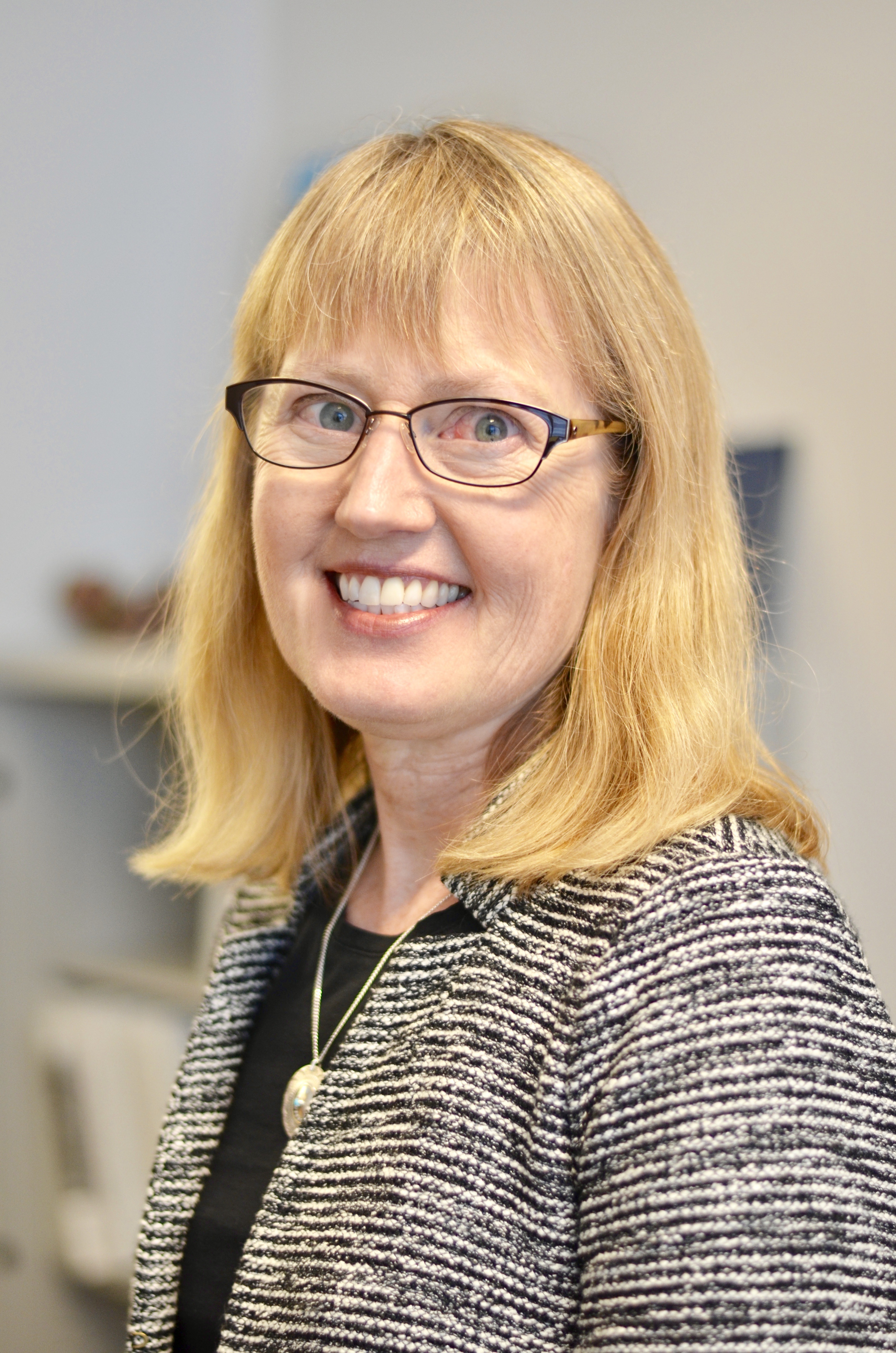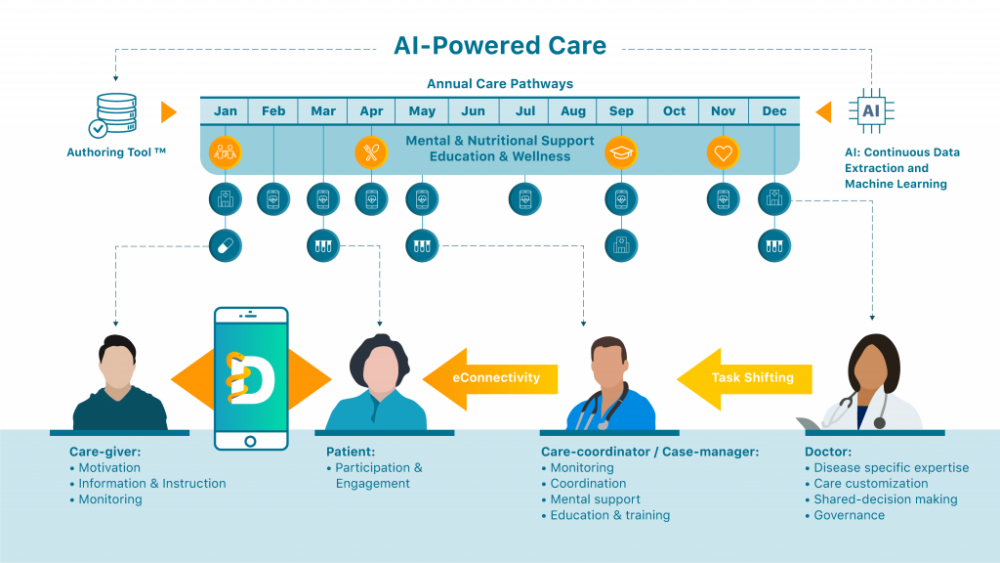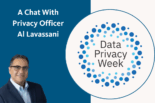By Yvonne Tevis. Five years ago, this publication told you about DEARhealth, a health care platform from UCLA that grew into a business.
A lot has happened in the past five years: The digital health company, founded by Drs. Daniel Hommes and Eric Esrailian, UCLA professors of medicine, offers a provider platform and patient app that helps manage chronic conditions, improve patient outcomes, and lower associated health costs.
Since the 2015 blog article, DEARhealth
- Received $6.8 M in investment funding from three major partners – Phillips, Vesalius Biocapital III, and Health Innovations,
- Expanded beyond Los Angeles and opened offices in Amsterdam, and
- In May was welcomed into the Epic electronic health record system’s “marketplace.”
The latter is significant. It means the platform went through a rigorous evaluation process to meet security, privacy, legal, and other standards and get Epic’s “seal of approval.” This in turn means institutions that use Epic can more quickly and easily integrate DEARhealth into their operations, rather than having to undertake a time-consuming and costly one-off integration.
Hommes said the business is growing, with the platform partnering with more and more hospitals, as well as pharmaceutical companies and payers in the United States and Europe. Its focus has broadened from gastrointestinal disease to other conditions, including epilepsy, ovarian cancer, and pain management.
In his view, DEARhealth offers Epic institutions something unique compared to other AI powered platforms. “A lot might offer analytics to predict risk, or good or negative outcomes. But DEAR goes beyond that and automates recommendations for treatment for individuals. For me that’s where DEARhealth stands out. We’re managing individuals for chronic diseases and actually making recommendations for their treatment.”
He explained that the technology makes recommendations by incorporating information from advanced expert algorithms and deep learning outcomes. Clinical guidelines, health care providers’ input, participants’ observations that they enter in the app, and patient outcomes add to learnings. “The machine learning comes into play,” he said, and enables the platform to provide evolving and personalized health care recommendations for each individual based on the most up-to-date information.
The company is continuing to develop relationships with more hospitals so it can incorporate their patient outcomes into the platform’s AI enabled knowledgebase about specific conditions. Hommes said that with the current pandemic, “we see the shift to telehealth.” He believes DEARhealth can help support remote care. He said, “Health care is moving toward emphasizing patient experience, outcome, and cost, and DEARhealth is poised to facilitate that shift.”
 Yvonne Tevis is editor of the UC IT Blog and chief of staff, Information Technology Services, UC Office of the President.
Yvonne Tevis is editor of the UC IT Blog and chief of staff, Information Technology Services, UC Office of the President.







